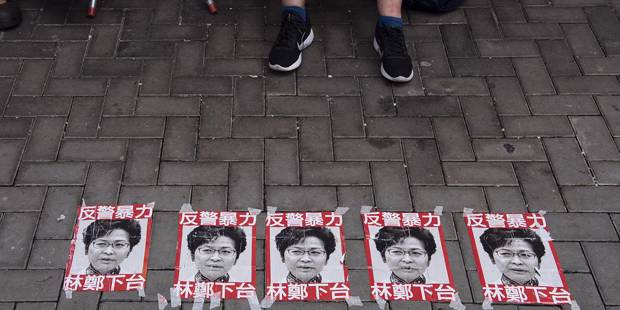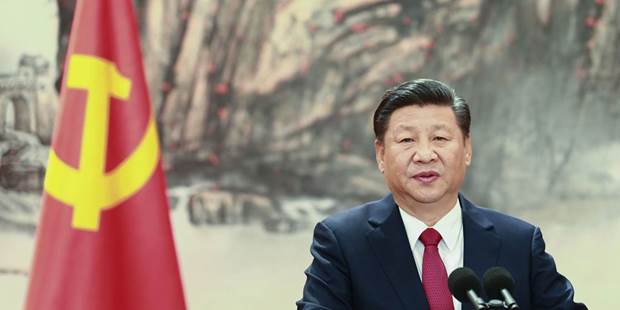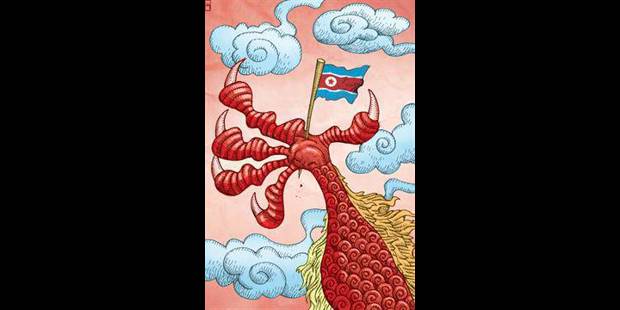Steve Tsang
Steve Tsang is Director of the SOAS China Institute at the University of London’s School of Oriental and African Studies, and author of A Modern History of Hong Kong.
-
Three Lessons from the Hong Kong Protests

Three Lessons from the Hong Kong Protests
Jun 26, 2019 Steve Tsang outlines how best to minimize the risk of direct confrontation between the city and China's rulers.
-
What Is Xi Jinping Thought?

What Is Xi Jinping Thought?
Feb 5, 2019 Steve Tsang decodes the Chinese president's eponymous political doctrine for outsiders.
-
China without North Korea

China without North Korea
Feb 14, 2013 Steve Tsang
-
China’s Syrian Folly
China’s Syrian Folly
Feb 8, 2012 Steve Tsang
-
Taiwan’s Journey From Troublemaker to Peacemaker
Taiwan’s Journey From Troublemaker to Peacemaker
Jun 14, 2010 Steve Tsang








